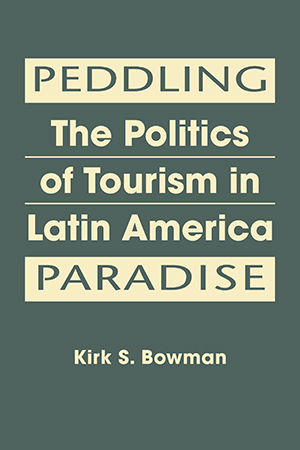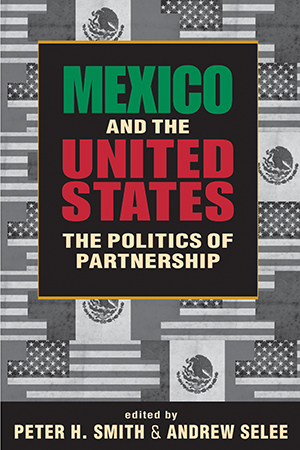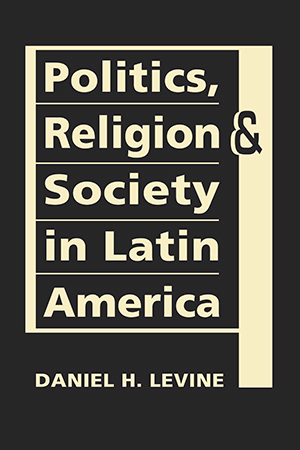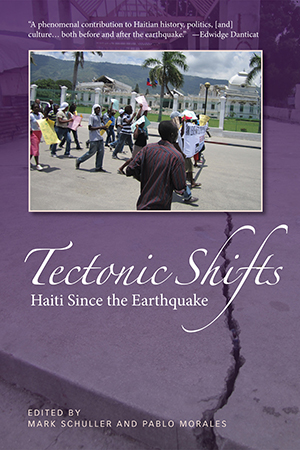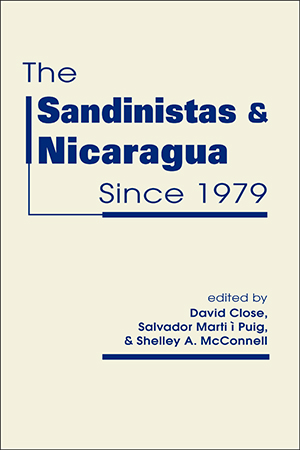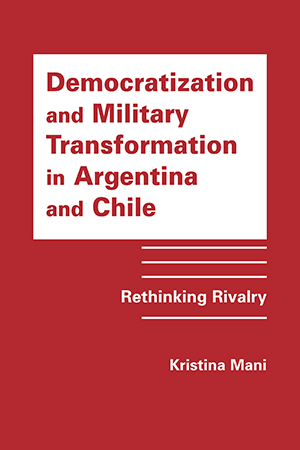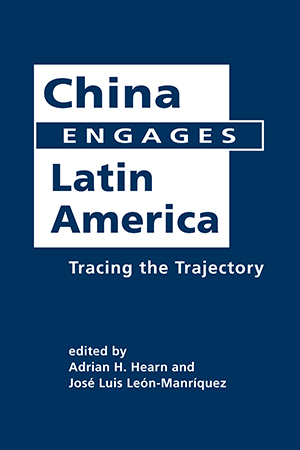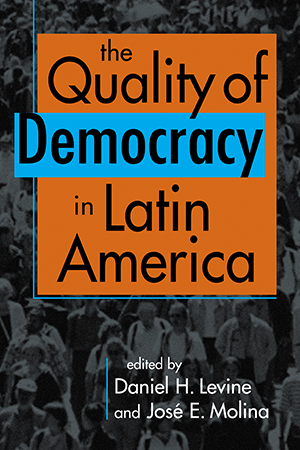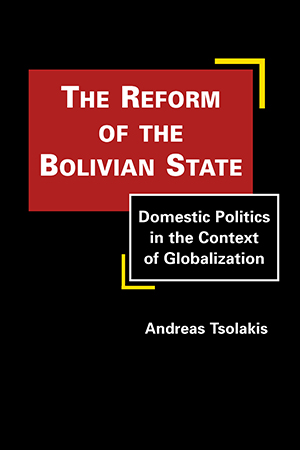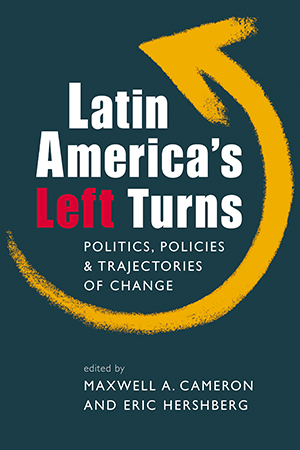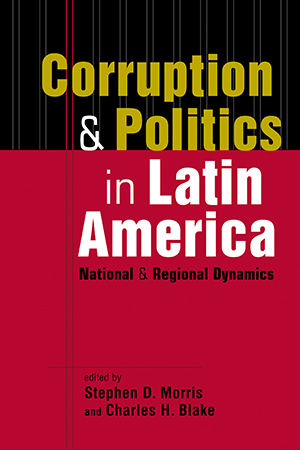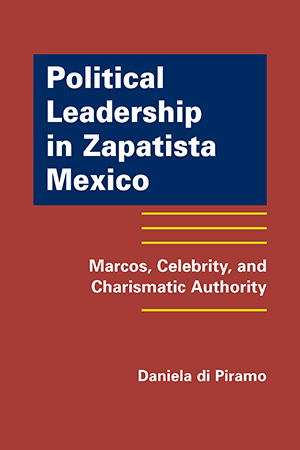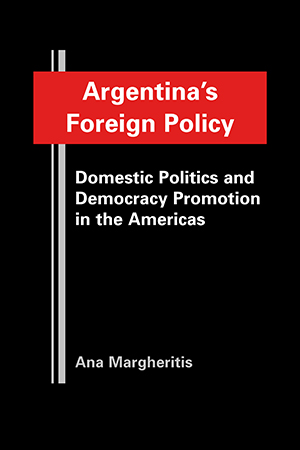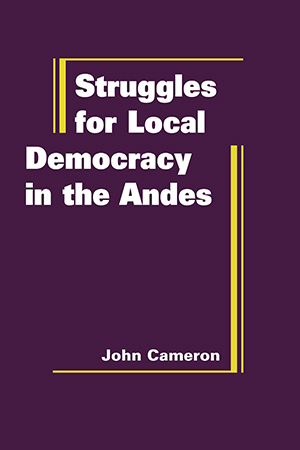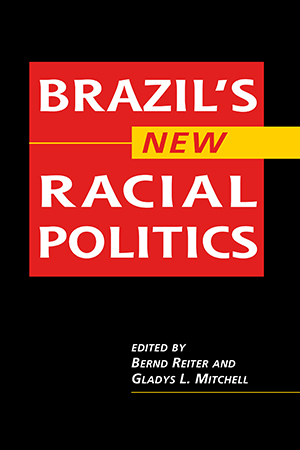Latin American and Caribbean Politics
With tourism lauded throughout Latin America as a sure engine of economic growth, actual performance in the sector has varied to an extreme degree. Kirk Bowman asks why. Why did states More >
What are the strengths and weaknesses of the partnership between Mexico and the United States? What might be done to improve it? Exploring both policy and process, and ranging from issues of More >
Long assumed to be an unchanging and unquestioned bulwark of established power and privilege, religion in Latin America has diversified and flourished, while taking on new social and More >
Tectonic Shifts offers compelling on-the-ground perspectives on the aftermath of Haiti's cataclysmic earthquake. Following a critical analysis of the country's heightened More >
How has the Sandinista National Liberation Front (FSLN) affected Nicaragua and its politics since the Sandinista revolution of 1979? Addressing this question, the authors offer a More >
Is there a relationship between the consolidation of democracy and the ending of rivalries with neighboring states? Can internationalist foreign policies be useful in More >
What inroads is China making in Latin America? In China Engages Latin America, experts from three continents provide local answers to this global question. The authors explore the More >
In considering the nature and future prospects of the current wave of democracies in Latin America, analysis has shifted from a concern with regime change, transitions, and consolidation More >
In 2005, two decades after President Victor Paz Estenssoro's New Economic Policy heralded the beginning of a profound transformation for Bolivia, violence had become endemic in the More >
This accessible look at Latin American politics explores how—and to what effect—diverse forces on the left have not only captured the imagination of vast swathes of the More >
Does corruption grease the wheels of Latin American politics, facilitating its operation? Or does it undermine democratic rule and worsen the perennial problems of poverty and inequality. Do More >
Can charismatic authority be used to further progressive politics without simultaneously doing damage? Is it possible for a movement with a charismatic leader to achieve an egalitarian More >
Why would a state commit to foreign policy actions that do not appear to have relevance to its national interests? And what can we learn from Argentina’s extensive involvement in More >
John Cameron draws on power-based approaches to the study of democratization as he thoughtfully explores efforts by indigenous and peasant groups to gain control of local governments and More >
As the popular myth of racial equality in Brazil crumbles beneath the weight of current grassroots politics, how will the country redefine itself as a multiethnic nation? Brazil’s New More >


